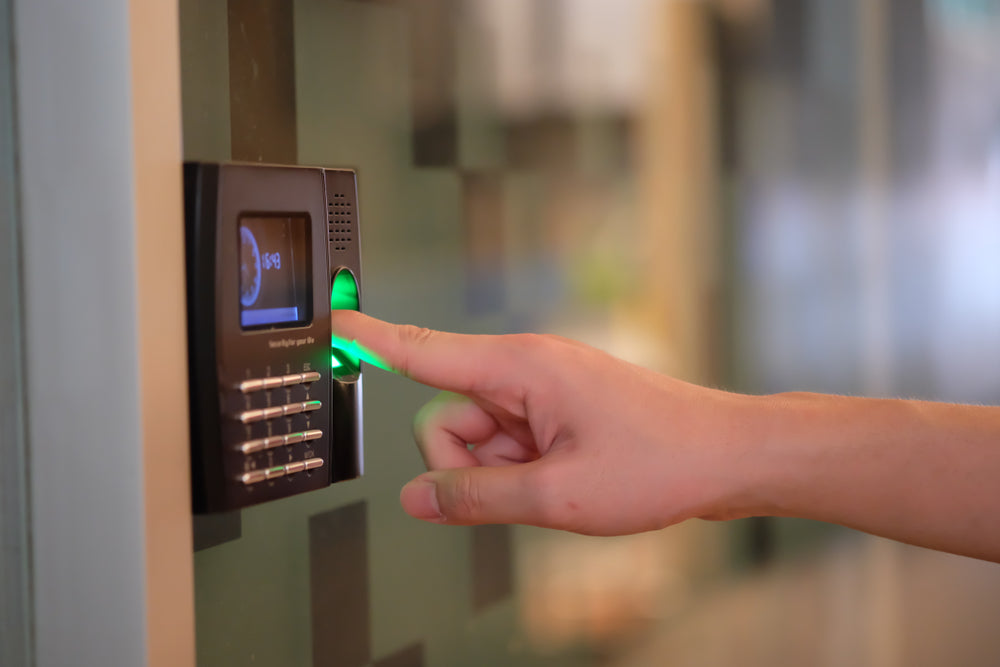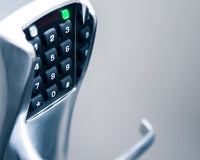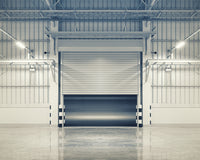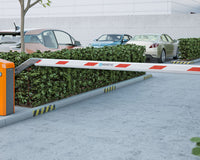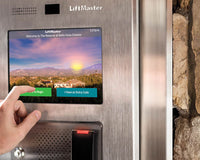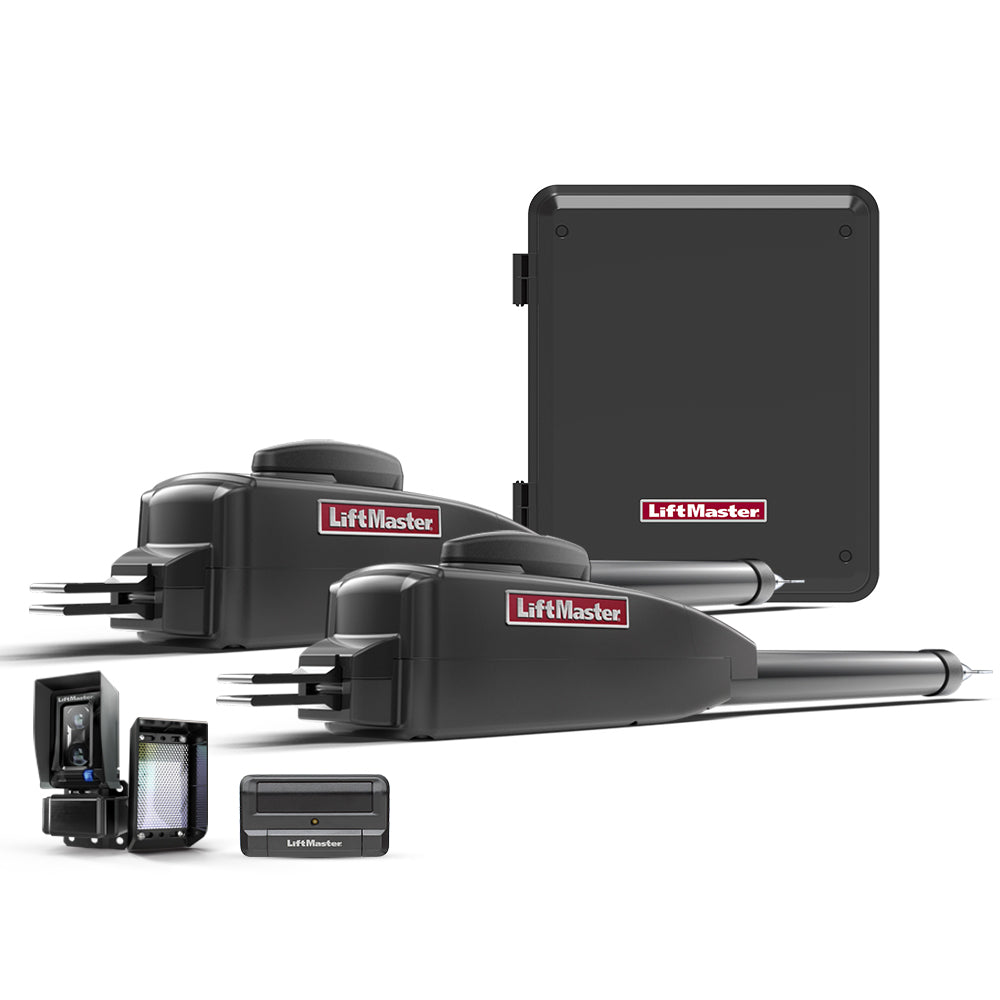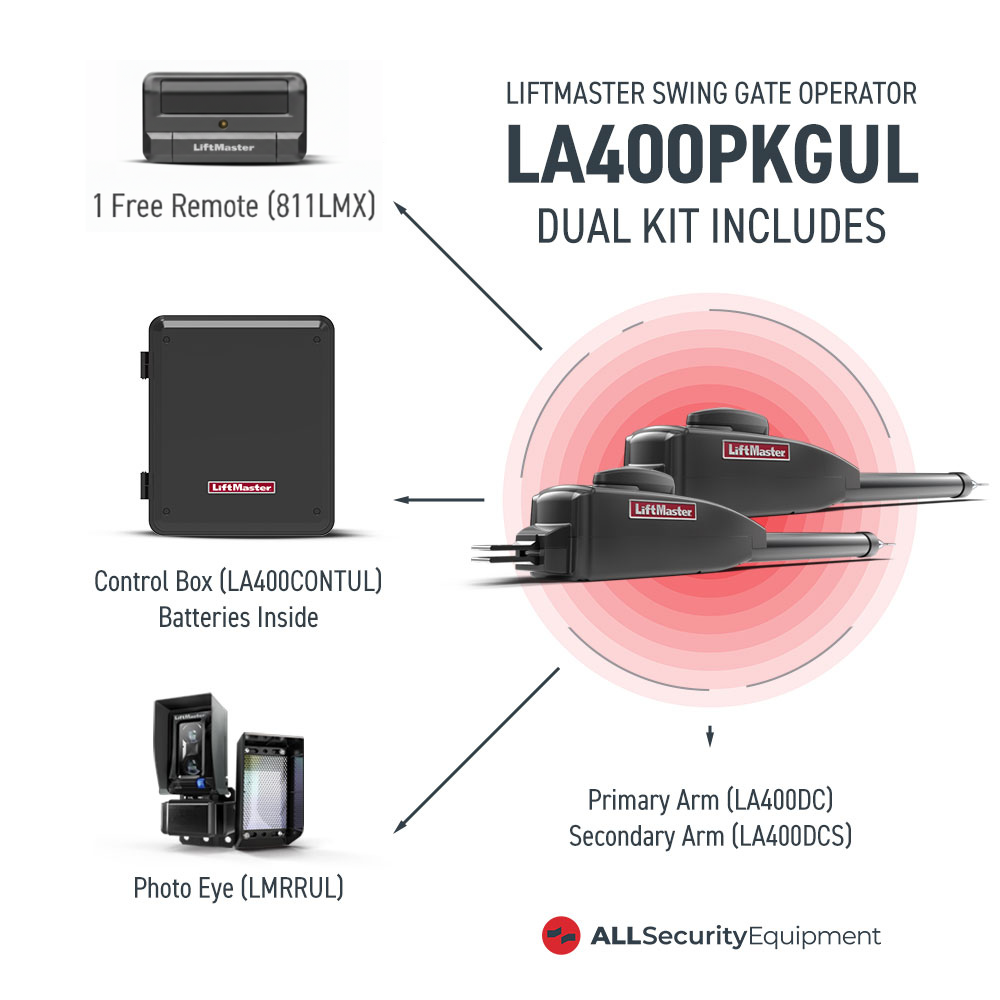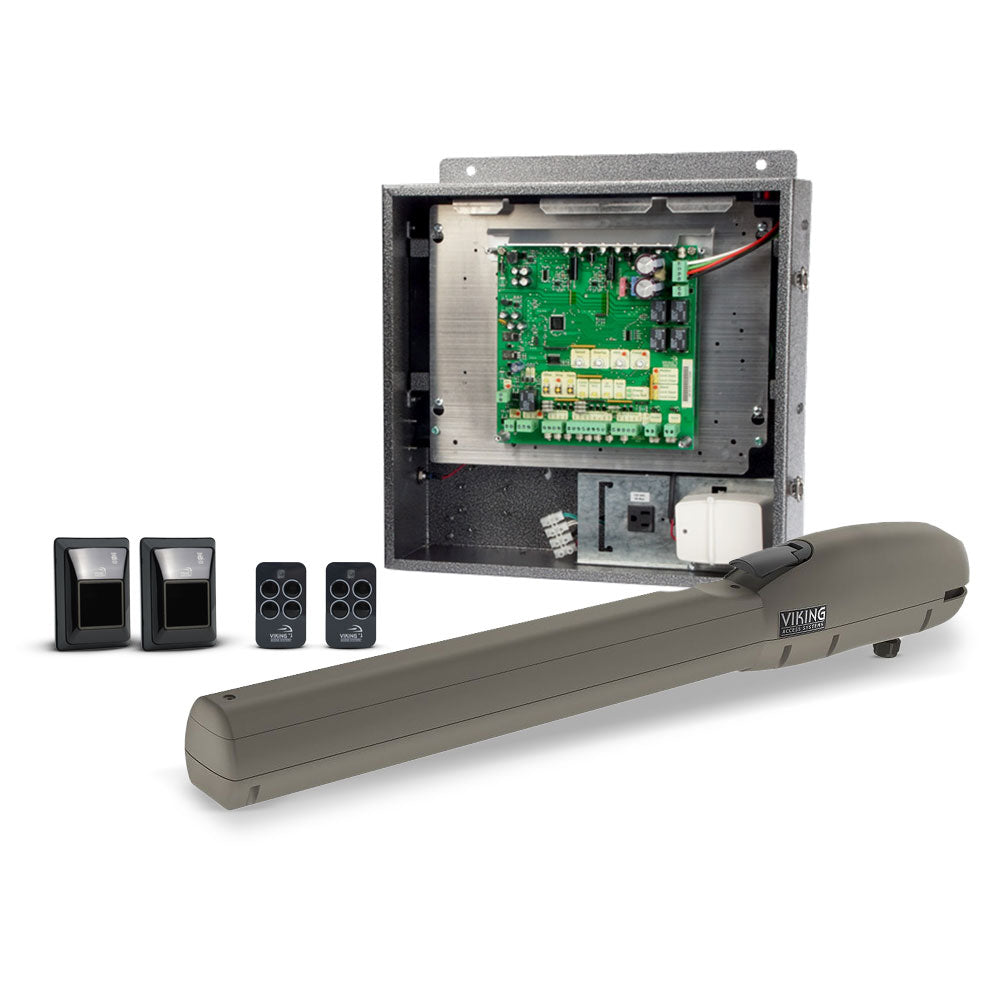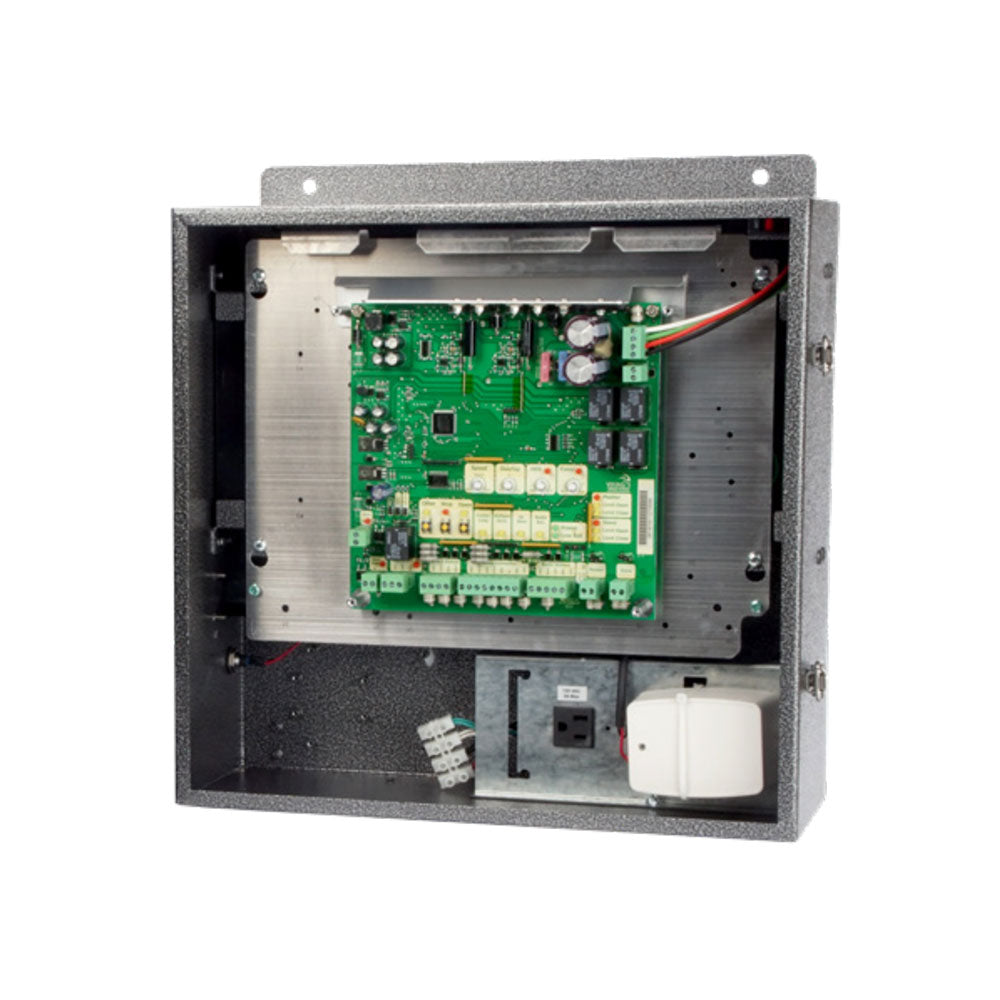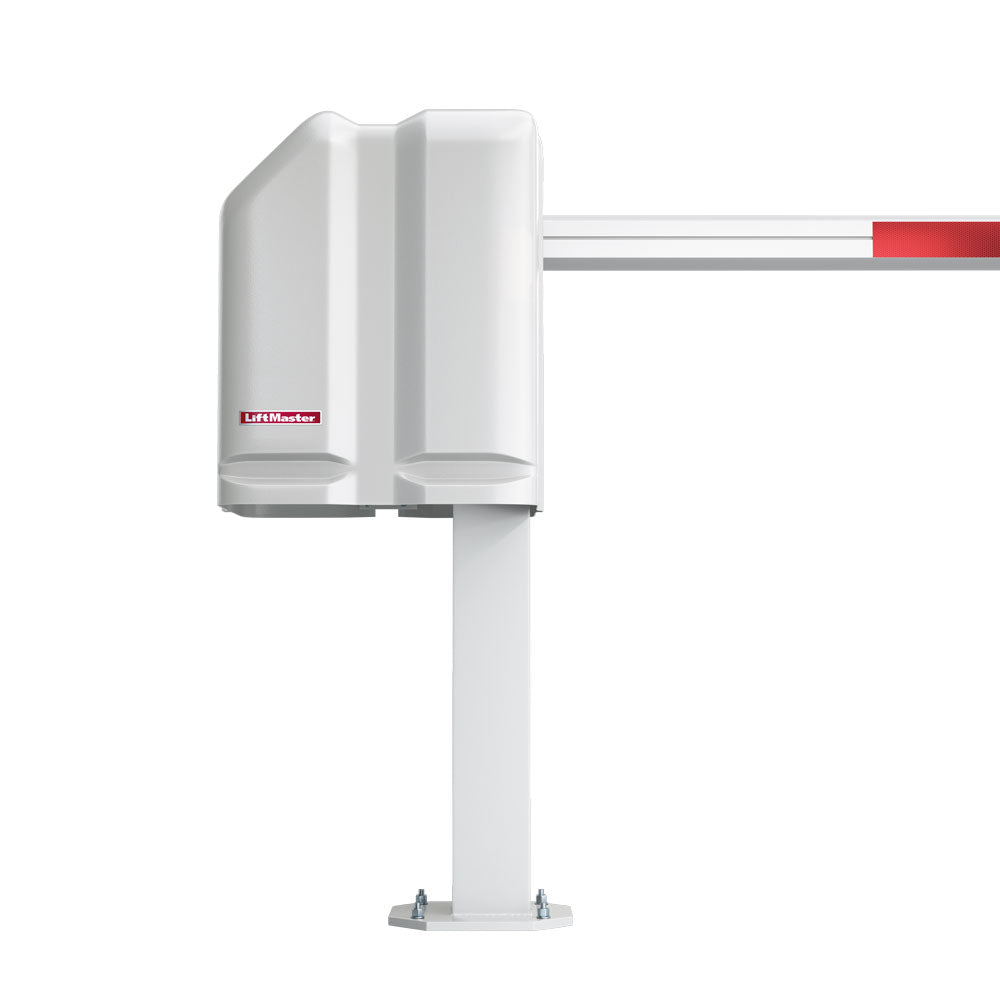Thanks to technological advances, the best access control systems are more sophisticated and no longer just about a lock and key. Commercial electronic door lock systems, for example, do much more than just secure your commercial property. Today, these systems come equipped with accessories such as cameras, intercoms, an electronic keypad lock, biometrics, and more.
The access control space has evolved so much that most commercial electronic door lock systems offer incredible asset protection as well as security risk mitigation.
In addition to keeping the commercial space secure, the right system also tracks other factors, such as:
- Who's coming and going
- Which doors are being unlocked and locked at what times
- Touchless entry
- Native occupancy tracking
They even have remote access and a host of other security and convenience features. To say that a commercial electronic door lock system is necessary for securing your business premises is an understatement. It's all about how your specific keyless door lock system works.
Let's take a quick look at some of the benefits, factors to consider, and reasons why choosing the best commercial door lock system is vital to keeping your business and building secure.
What's a Commercial Door Lock System?
As sophisticated as they may get, all commercial door lock systems must have two basic components: a lock and a key. This is a trusted access control system for your business. The biggest difference between the many available door lock systems is how they work and the components they add to the equation.
More traditional door lock systems are all about functionality and simplicity. You have door hardware like a lock and a key that opens that lock. It's up to you to choose how many employees have access to that key.
More modern and sophisticated door lock systems, on the other hand, offer other features such as biometrics, keycards, and remote access. With these locks, you don't have to worry about who has which key at what time. You can simply log into the system and approve or deny entry at any given time. Suffice it to say, the more sophisticated the lock, the more security features it offers.

How Commercial Electronic Door Lock Systems Work
Most commercial electronic door lock systems have the same basic functionality. They use a wired or wireless power supply to either lock or unlock the door. Take, for example, a commercial magnetic door lock system that uses a low-voltage power source to operate.
To disable this lock or unlock a door, users must submit authorized credentials. Once the authorized credentials have been presented, the system sends a signal to the door's locking mechanism, which then unlocks the door if the credentials are verifiable.
There are other types of door lock systems, such as smart locks. These use electromechanical locks, which can lock and unlock doors by receiving signals from wireless cryptographic keys. In this case, the users don't have to preset a physical key or credentials. These keyless commercial door lock systems (also known as a smart lock) can be opened using an app on a phone or cloud key credentials.
Different Types of Commercial Electronic Door Lock Systems
Commercial door lock systems are designed for thousands of users and offer additional security features to cater to such a large number of users. They also protect massive commercial spaces. There are many types of these locks on the market today. Here are some of the most common options:
Commercial Keyless Door Locks
These are becoming increasingly popular, mostly because users no longer have to carry physical keys. When using a system like commercial RFID door lock systems, an encrypted key card, mobile credentials, and a key fob are all that the users need to access the premises. These credentials can be approved or revoked on a case-by-case basis.
Remote Door Lock Systems
Some commercial door locks are connected to the internet and can be accessed remotely by authorized personnel. This offers the added advantage that comes with keyless entry systems. Authorized personnel can monitor and respond to any security issue from anywhere as long as they have internet access and the right credentials.
Automatic Door Lock Systems
These kinds of doors can be integrated with a host of additional features, such as proximity readers, which ensure that these doors remain locked after hours. They can also be connected to various alarm systems, panic bars, and other emergency add-ons that improve safety and security at the premises.
Biometric Door Locks
These are quickly becoming the standard for most commercial buildings. Biometric door lock systems are used in high-security areas that need additional layers of access control.
Access to these locks is often limited to authorized personnel only and can be attached to an assortment of individual biometrics such as fingerprints, retinal scans, and facial recognition. These kinds of locks are best used in highly sensitive business spaces such as laboratories, hospitals, government buildings, and so on.
Factors to Consider Before Installing Commercial Electronic Door Lock Systems

There are several factors you need to consider before installing an electronic lock system in your commercial building.
- Cost: Since most commercial door lock systems come with a highly sophisticated security system and protocols, they aren't often as cheap as a padlock and key. There is an initial cost implication of thousands of dollars. Making sure that you are getting value for your money as opposed to unnecessary add-ons is key to finding the best system for your business.
- Management and support: For the most part, highly sophisticated door lock systems need a competent administrator who can keep tabs on all the parameters. This is the person or people who will have full access to the system and, as such, control access to the building. Not only do they need to be qualified and technically conversant with the system at hand, but they also need to be extremely trustworthy.
- Back-up system: Most commercial doors run on electricity and are connected to the internet. They should all have a robust backup or fail-safe system should one of these systems fail.
Any business that values safety and security on their premises needs a robust commercial electronic door lock system. Which one exactly depends on the size and specific needs of the business.

